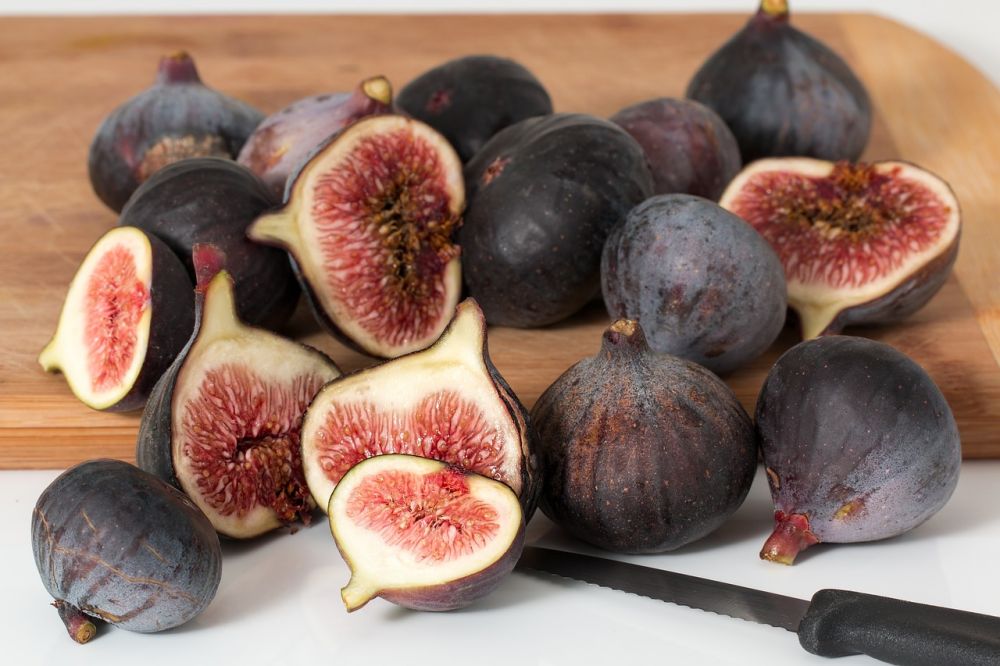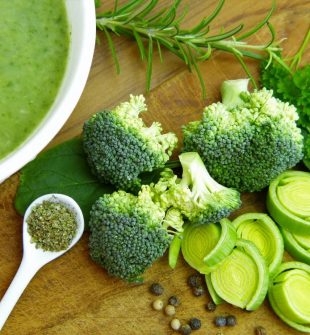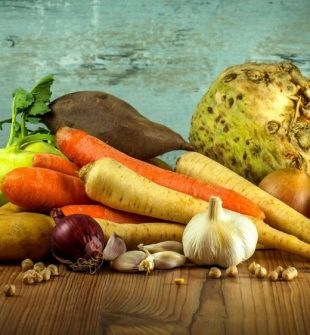Broccoli Protein: A Nutritional Powerhouse for Health Enthusiasts

Introduction
Broccoli, a member of the cruciferous vegetable family, has gained popularity in recent years due to its exceptional health benefits. While most people associate broccoli with vitamins, minerals, and dietary fiber, not many are aware of its high protein content. In this article, we will delve into the world of broccoli protein and explore why it is important for individuals interested in health and wellness.
Understanding Broccoli Protein

Broccoli protein refers to the protein content found in the florets and stems of the broccoli plant. While it is true that broccoli is not as protein-dense as animal-based sources, it still contains a significant amount that should not be overlooked. With approximately 3 grams of protein per 100 grams, broccoli serves as an excellent addition to a plant-based diet.
The protein in broccoli consists of various amino acids, which are the building blocks of proteins. These amino acids play a crucial role in muscle repair, hormone production, and immune function. Additionally, broccoli protein contains a favorable amino acid profile, making it a highly digestible and bioavailable protein source.
Historical Development of Broccoli Protein
Broccoli has a long history, dating back thousands of years. Originating in Italy, it was first cultivated by the Romans and eventually spread to other parts of Europe, Asia, and the Americas.
However, it was not until the 20th century that the nutritional benefits of broccoli and its protein content started gaining attention. Scientists and nutritionists began to explore the health-promoting properties of broccoli, leading to an increase in its consumption worldwide.
In recent years, with the surge in plant-based diets and increased awareness of climate change, broccoli protein has gained even more prominence. Health enthusiasts and individuals looking for sustainable protein sources have turned to broccoli as a viable option.
Benefits of Broccoli Protein
1. Nutrient Density: Broccoli protein is not only rich in protein but also packed with essential vitamins and minerals. It is an excellent source of vitamin C, vitamin K, folate, and potassium, among other micronutrients. Incorporating broccoli protein into your diet can help meet your daily nutrient requirements.
2. Antioxidant Powerhouse: Broccoli contains various antioxidants, such as sulforaphane, which have been shown to have anticancer properties. These antioxidants work by neutralizing harmful free radicals and reducing oxidative stress in the body.
3. Digestive Healt The high fiber content in broccoli supports a healthy digestive system. It helps regulate bowel movements, prevents constipation, and promotes the growth of beneficial gut bacteria.
4. Weight Management: With its low calorie content and high fiber content, broccoli protein is an ideal food for individuals looking to manage their weight. It promotes feelings of fullness, reduces cravings, and provides essential nutrients without adding excessive calories.
How to Incorporate Broccoli Protein into Your Diet
There are numerous creative and delicious ways to include broccoli protein in your meals. Here are some ideas:
1. Steamed Broccoli: The simplest way to enjoy broccoli is by steaming it lightly until it is tender-crisp. This method helps retain the maximum nutritional value.
2. Broccoli Salad: Combine chopped broccoli florets with other vegetables, such as cherry tomatoes, cucumbers, and bell peppers, and dress with a light vinaigrette for a refreshing salad.
3. Stir-Fries and Soups: Add broccoli to your favorite stir-fries and soups for a boost in protein and nutrients. It pairs well with a variety of flavors and ingredients.
4. Broccoli Protein Smoothies: Blend steamed broccoli with your preferred fruits, such as bananas or berries, and a plant-based protein powder for a nutritious smoothie.
Conclusion
Broccoli protein is a nutritional powerhouse that offers numerous health benefits. From its high protein content to its rich nutrient profile, broccoli is a versatile and valuable addition to any diet. As awareness grows about the importance of sustainable and plant-based protein sources, incorporating broccoli protein into meals becomes even more relevant. By embracing the nutritional advantages of broccoli protein, individuals can enhance their overall health and well-being while enjoying its delicious taste.





